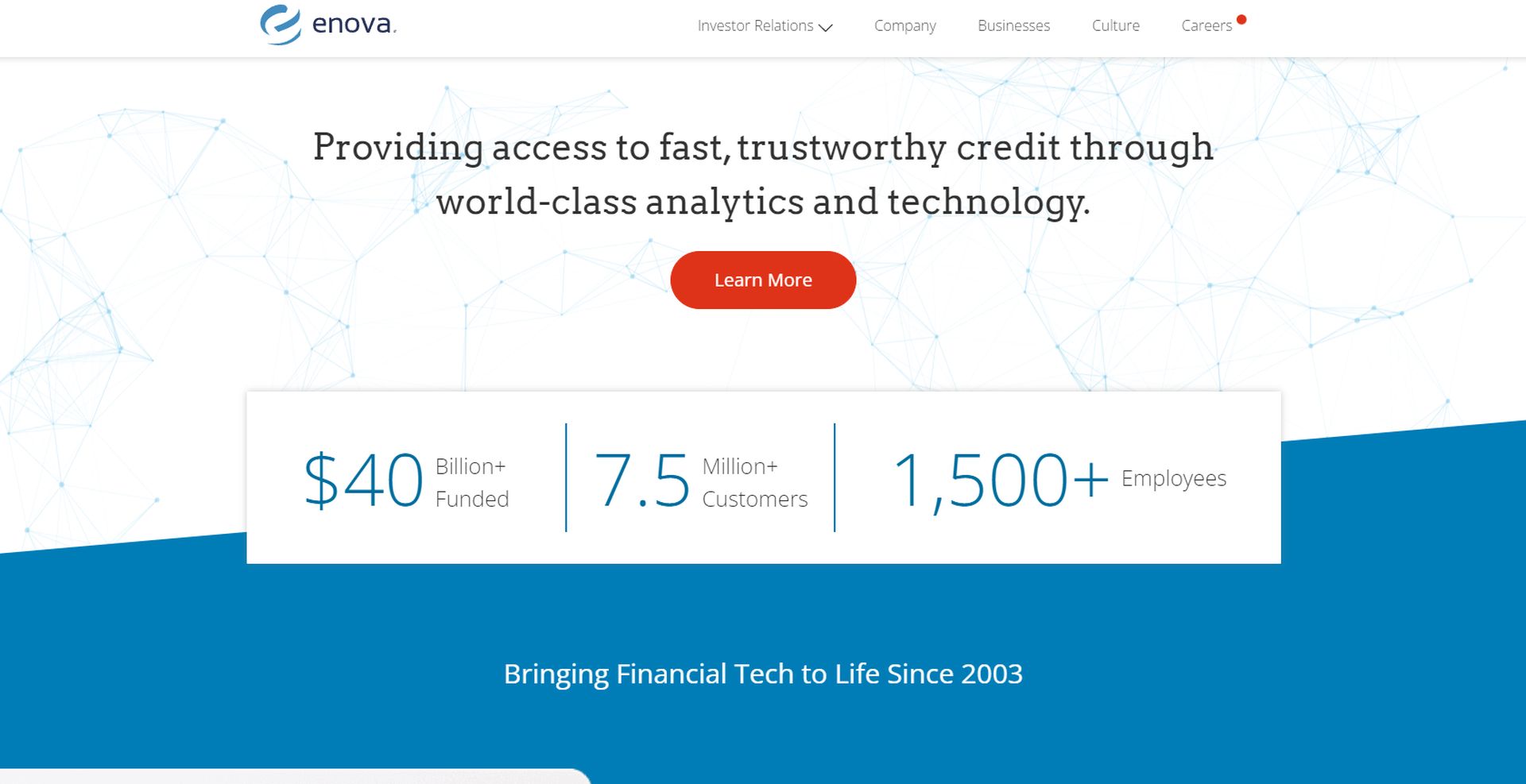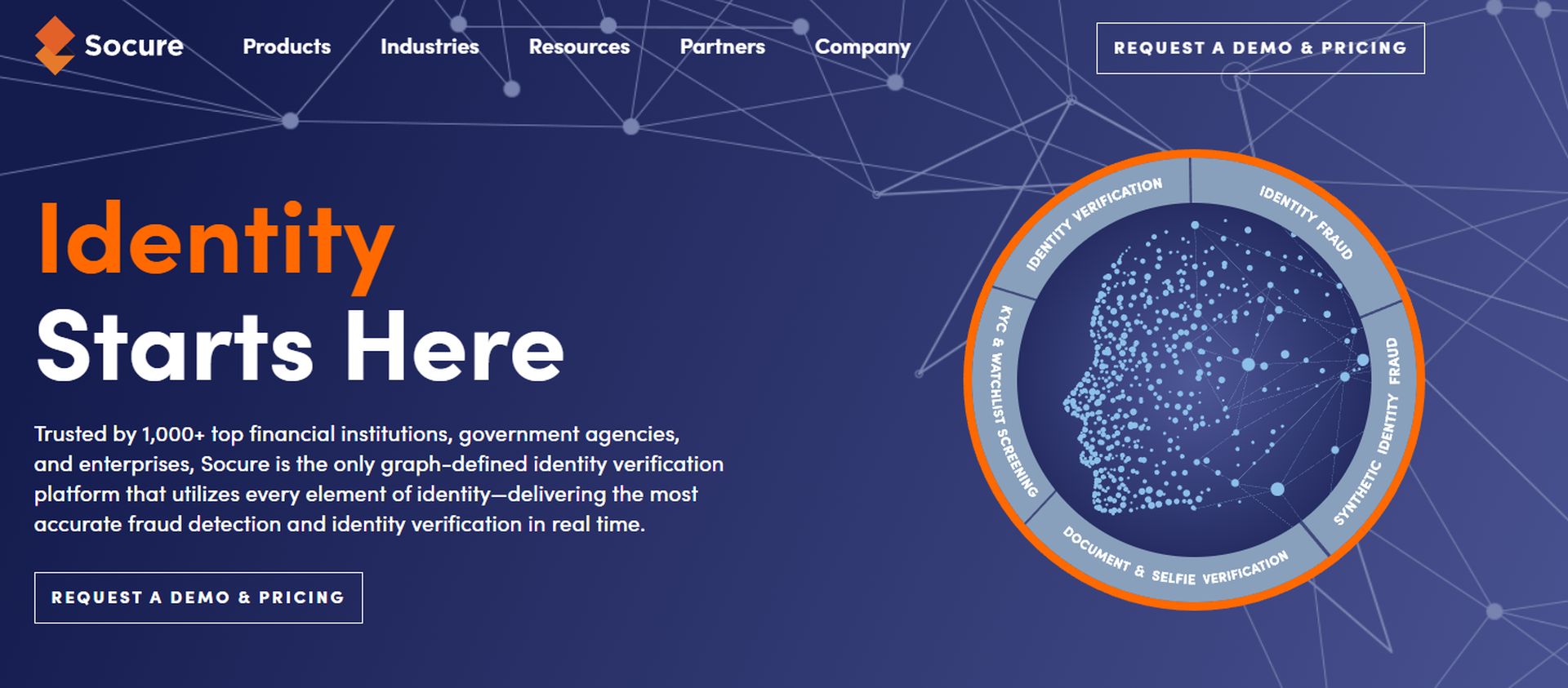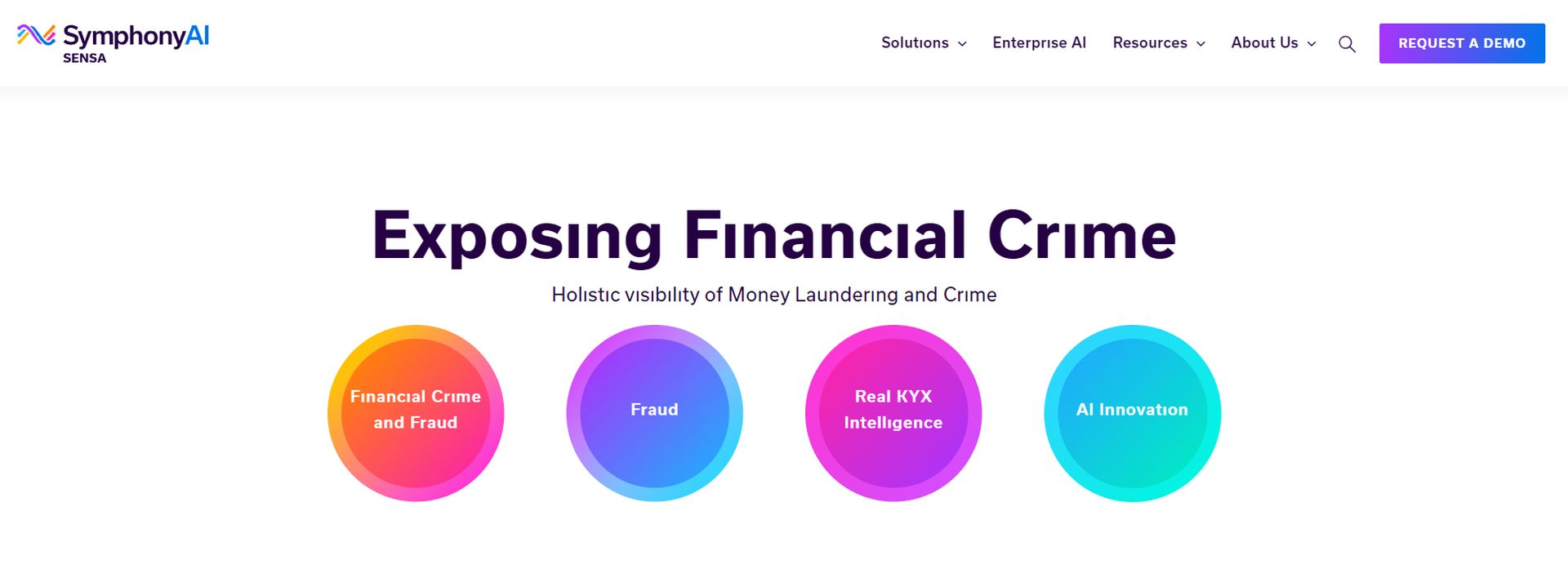We witness more and more artificial intelligence applications in financial services in the post-pandemic era. With the help of artificial intelligence, the banking and finance industries now have new options to satisfy customer expectations for smarter, safer, and more practical ways to access, spend, save, and invest money.
The financial industry uses artificial intelligence (AI) and machine learning for a variety of purposes, including work automation, fraud detection, and chatbot assistants. According to Insider Intelligence’s AI in Banking report, the majority of banks (80%) are well aware of the potential advantages offered by AI.
Table of Contents
How artificial intelligence applications in financial services are changing the banking experience?
The adoption of AI by financial institutions (FIs) will accelerate as technology advances, user acceptability rises, and regulatory landscapes change. By providing customers with 24-hour access to their accounts and financial advisory services, banks may greatly enhance the customer experience and streamline laborious operations utilizing AI.
FIs are implementing AI algorithms across all financial services focusing on the important business benefits and pressure from tech-savvy consumers.
Personal finance and artificial intelligence
The capacity to control one’s financial health is what is driving the adoption of artificial intelligence applications in financial services because consumers are starving for financial freedom. AI is a requirement for every financial institution aiming to be a top player in the market, whether it is providing natural language processing-powered chatbots with 24/7 financial advice or tailoring insights for wealth management products.

Capital One’s Eno is one of the most important examples of artificial intelligence applications in financial services. Eno was the first SMS text-based natural language assistant provided by a US bank when it was introduced in 2017. Through more than 12 proactive features, such as warning clients about potential theft or price increases in subscription services, Eno collects insights and anticipates customer demands.
AI applications in consumer finance
The ability of AI to prevent fraud and cyberattacks is one of the most significant business cases for technology in the finance industry. Customers seek banks and other financial institutions that offer secure accounts, particularly in light of Insider Intelligence’s prediction that annual losses from online payment fraud will double to $48 billion by 2023. AI has the capacity to examine and identify pattern abnormalities that humans would typically miss.

JPMorgan Chase is one bank utilizing artificial intelligence applications in financial services. Chase derives more than 50% of its net income from consumer banking; as a result, the bank has implemented important fraud-detection tools for its customers.
AI’s spearhead role in the transformation of the retail industry
Each time a credit card transaction is executed, information about the transaction is transferred to central computers in Chase’s data centers, determining whether the transaction is fraudulent. For instance, it has implemented a proprietary algorithm to detect fraud trends. Chase came in second position in Insider Intelligence’s 2020 US Banking Digital Trust report thanks to its strong performance in Security and Reliability, which was greatly helped by its usage of AI.
Corporate finance practices and AI
Corporate finance benefits greatly from AI since it can more accurately identify and evaluate credit risks. Machine learning and other AI technologies can enhance loan underwriting and lower financial risk for businesses wanting to raise their value. As business accountants, analysts, treasurers, and investors strive toward long-term growth; AI may also reduce financial crime through better fraud detection.

Both the middle-office and back-office programs at U.S. Bank employ AI. U.S. Bank uses deep learning to unlock and analyze all pertinent customer data to help identify unscrupulous actors. According to an Insider Intelligence study, it has been using this technology for anti-money laundering and has doubled the output compared to the conventional capabilities of the earlier systems.
Automation technologies
The rise of automation is revolutionizing industries. People welcome this change because it helps businesses increase productivity and lower operating expenses. Now, tasks that used to take a long time and needed hiring teams of low-skilled workers can be finished quickly and easily. For instance, character recognition can be used by AI to validate data and produce reports based on specific criteria automatically.
Automation helps businesses reduce human error and frees up staff to work on more crucial activities that a machine cannot do. Statistics show that AI can help businesses save costs related to data entry and other repetitive processes by up to 70%.

Many multinational businesses are aware of the benefits of AI, so they either create their own AI-driven solutions or leverage already-existing automation solutions that can be customized to meet your unique goals. For instance, JP Morgan Chase uses robotic process automation (RPA) to collect papers, retrieve data, and adhere to legal requirements.
Trading and artificial intelligence
Over the past ten years, the trend of data-driven investments has shown a consistent rise. Data-driven investments closed on a trillion dollars two years ago. In so-called high-frequency trading, also known as quantitative or algorithmic trading, AI and machine learning are used frequently. Gradually more people are engaging in this sort of trading because it has so many advantages.
Massive volumes of data can be analyzed by AI-driven trading algorithms far more quickly than by humans. They are capable of utilizing both structured and unstructured data. Because judgments and transactions can be made quickly, traders can make more money in the same amount of time thanks to faster data processing.

Additionally, since AI systems can evaluate a large amount of historical data, their forecasts are more accurate. AI algorithms may test several trading methods, providing a higher level of validation efficacy so that traders can weigh all the benefits and drawbacks before deciding to use a certain system.
AI may examine a particular investor’s long- and short-term objectives to offer the best portfolios. Financial organizations frequently use AI to manage their whole portfolios. Numerous businesses have also praised AI’s forecasting powers.
For example, Bloomberg introduced its AlpacaForecast prediction matrix, which assists investors by merging real-time market data from Bloomberg with a deep learning algorithm that recognizes patterns in price movements.
Fraud detection
AI has additionally demonstrated to be quite successful at avoiding and combating fraud. Cybercriminals are always coming up with new, more potent strategies, but AI-based solutions may swiftly catch up to the hacking tactics thanks to machine learning.
These approaches are very successful in preventing credit card theft. Due to the rising popularity of e-commerce and online transactions over the last few years, this kind of fraud has increased in frequency.

Customers’ behavior can be analyzed, together with their movements and buying patterns, using AI-driven fraud detection systems. As a result, they can rapidly spot any unexpected activity that deviates from a particular client’s typical spending pattern.
Cyber awareness is the foremost instrument against whaling attacks
Artificial intelligence applications in financial services are being utilized as a tool that banks can employ to combat fraud and criminal activity. AI can be used, for example, to combat money laundering. A money-laundering plan can be promptly identified using machine learning algorithms, reducing the investigation’s cost.
Personalized banking and AI chatbots
The benefits of AI become clearer when it comes to personalizing and offering extra benefits to users. For instance, banks employ AI-driven chatbots to provide prompt assistance while reducing the strain on their call centers. Numerous voice-controlled virtual assistants are also available for usage by financial institutions.

Since these solutions are self-learning, the more you use them, the more effective they become. Both chatbots and virtual assistants can be connected to other software.
NHS aims to reduce patient wait times with an AI chatbot
For instance, they can check balances, plan payments, and keep track of account activities.
News analysis with AI
Since hedge funds don’t want to disclose details about how they work, it might be challenging to pinpoint exactly how they might use sentiment analysis. However, AI has already proven its value in digital marketing, and the financial sector can benefit from its capacity to utilize social media data.
It is reasonable to anticipate that machine learning will be applied to various automation and customization jobs, as well as to news trends, social media, and other data sources unrelated to trades and stock prices.

The stock market responds to many variables in addition to ticker symbols. Artificial intelligence in financial services can be utilized to emulate and improve human intuition to find new patterns and detect signals. However, in order to complete these jobs, AI must not only analyze data but also better comprehend its context, which is currently a difficult task.
For example, chatbots powered by AI can answer questions swiftly, but AI is still far from creating in-depth articles or ad copy since it cannot comprehend the context of the data it uses.
AI’s role in credit decisions
Additionally, banks can save money by using AI to evaluate potential borrowers much more quickly and accurately. AI-based solutions can instantly examine a vast number of variables that may influence a bank’s choice. Banks can determine if a potential borrower is a high-risk applicant or just doesn’t have enough credit history, thanks to AI’s usage of more sophisticated credit scoring techniques than old systems.
Software with AI capabilities delivers a higher level of objectivity. The notion that machines are not biased is crucial, especially when creating financial applications. Banks may offer a range of individualized options and include alternative data, such as smartphone data, into the decision-making process thanks to loan-issuing applications and digital banks.

AI is advantageous for many other businesses besides banks. For instance, auto loan providers claim that using AI allowed them to reduce losses by up to 23% annually.
According to one study, 80% of people prefer debit or credit cards to cash when buying things. Credit matters to consumers for more reasons than just making payments simpler.
Strong credit makes it simpler to find employment, rent residences, and access attractive financing choices. The approval process for loans and credit cards is crucial because so many essentials of life depend on credit history.
Risk management and AI tools
Another area of application for machine learning in finance is risk management. AI can undertake risk management duties considerably more effectively than humans since it has enormous processing capability and can handle vast amounts of both organized and unstructured data. Additionally, machine learning algorithms are able to examine past dangers and look for any warning indicators of impending issues.

The ability to monitor diverse financial activities in real-time independent of the market environment, is one of AI’s primary benefits for the banking industry. An organization can choose any significant variable and use it in its business planning to produce detailed forecasts and precise predictions.
Crest Financial is one leasing firm that offers artificial intelligence applications in financial services. This company utilizes Amazon Web Services AI for risk analysis and observed considerable benefits. For example, it was able to do away with the deployment delays that come with conventional data science methods.
Benefits of AI in finance
Implementing artificial intelligence applications in financial services has enormous advantages for task automation, fraud detection, and providing individualized suggestions. The following ways AI use cases in the front, and middle office can revolutionize the finance industry:
- Enabling seamless, round-the-clock customer interactions
- Minimizing the need for repetitive tasks
- Reducing human error and false positives
By 2025, North American banks could save $70 billion by automating middle-office tasks with AI. Additionally, by 2023, banks’ potential savings from AI applications are projected to equal $447 billion, with the front and middle offices accounting for $416 billion of that sum.
AI and fintech
Financial institutions (FIs) are quickly embracing digital services due to rising consumer demand for digital offerings and the threat of tech-savvy startups; by 2021, global banks’ IT budgets will increase to $297 billion.
The Ukrainian fintech industry keeps growing despite the war
FIs are being pressured to expand their IT, and AI costs to comply with greater digital requirements as millennials and Gen Zers soon overtake baby boomers as the largest addressable consumer group for banks in the US. Since 78% of millennials never visit a branch if they can avoid it, these younger customers prefer internet banking methods.

Because of the expanding opportunities among consumers who are digital natives, traditional banking channels were already moving toward online and mobile banking before the pandemic. However, as stay-at-home orders were implemented nationwide and customers sought out more self-service options, the coronavirus dramatically accelerated the transformation. It is crucial for financial institutions (FIs) to incorporate AI if they want to succeed and remain competitive in the rapidly changing market.
Examples of AI usage in credit decisions
By leveraging a variety of indicators that more properly analyze historically underrepresented applicants in the credit decision-making process, artificial intelligence technologies assist banks and credit lenders in making smarter underwriting judgments.
These businesses assist the banking sector by employing their artificial intelligence applications in financial services.
Enova
Enova developed the Colossus platform, which makes use of AI and machine learning to give non-prime customers, companies, and banks superior analytics and technology in order to promote responsible lending.

Colossus assists customers in finding practical solutions to issues like unexpected consumer expenses and bank loans for small enterprises without placing the lender or recipient in an awkward position.
DataRobot
Data scientists, business analysts, software engineers, executives, and IT professionals can all benefit from the machine learning tools that DataRobot offers.
In order to improve decision-making in areas such as fraudulent credit card transactions, digital wealth management, direct marketing, blockchain, lending, and other topics, DataRobot assists financial institutions and businesses in fast developing reliable predictive models.

By identifying which consumers are more likely to default, DataRobot’s software helps alternative lending companies make more accurate underwriting judgments.
Zest AI
Zest AI is an AI-powered platform that aids businesses in evaluating customers with little to no credit history or information.
The technology uses tens of thousands of data sets and offers transparency to assist lenders in evaluating groups of people who have historically been deemed “at risk.”

According to the company, auto lenders utilizing machine learning underwriting lowered losses by more than 25%, more accurately projected risk, and cut losses by 23% annually.
Socure
In order to help clients adhere to strict KYC requirements, Socure developed the ID+ Platform, an identity verification system that employs machine learning and artificial intelligence applications in financial services to examine an applicant’s online, offline, and social data.

The system runs predictive data science on data such as email addresses, phone numbers, IP addresses, and proxies to determine whether an applicant’s information is being used lawfully.
According to Socure’s website, organizations, including Capital One, Chime, and Wells Fargo, use these tools.
Ocrolus
Ocrolus is another firm that utilizes artificial intelligence applications in financial services to provide document processing software that blends artificial intelligence and human validation. Businesses, organizations, and people may analyze documents more quickly and accurately using the software. In order to establish loan eligibility, Ocrolus’ software examines a variety of documents, including bank statements, pay stubs, tax returns, mortgage applications, invoices, and more.

The company focuses on mortgage lending, business lending, consumer lending, credit scoring, and KYC. Ocrolus wants to make it less intrusive, easier, and more equitable to check on a person’s loan status.
Examples of AI usage in risk management
In the world of finance, time is money, but if the risk is not properly managed, it may be disastrous. For many businesses, speed and protection depend on accurate forecasts.
Machine learning and artificial intelligence applications in financial services are being utilized by financial businesses to develop more precise, quick models. These forecasts assist financial professionals in using available data to see trends, recognize risks, save personnel, and ensure better knowledge for the next planning.
The organizations listed below are just a few instances of how artificial intelligence applications in financial services assist banks and financial institutions with risk management and prediction improvements.
Simudyne
Financial institutions can undertake stress test assessments using Simudyne’s platform and conduct extensive market contagion tests. The business provides simulation solutions for governance, environment, social, and risk management, thanks to tools provided by artificial intelligence applications in financial services.

A library of code for widely used and specialized functions is provided by the secure simulation software from Simudyne using agent-based modeling. According to the company’s website, some of its partners include Mastercard and Microsoft.
Kensho Technologies
Leading financial organizations like J.P. Morgan, Bank of America, and Morgan Stanley use machine intelligence and data analytics from Kensho, an S&P Global firm.
The analytical software from Kensho combines cloud computing and natural language processing to provide answers to complicated financial issues that are simple to understand and can swiftly extract information from tables and documents.

In the days following Brexit, traders accessing Kensho’s AI-powered database utilized the data to swiftly forecast a significant decline in the British pound, according to Forbes.
SymphonyAI
For businesses and organizations to overcome complicated challenges, Ayasdi develops cloud-based and on-premise artificial intelligence applications in financial services.
Ayasdi is used by businesses in the fintech sector to comprehend and manage risk, foresee client wants, and even support anti-money laundering procedures.

With its solutions for anti-money laundering detection, Ayasdi aids banks in their fight against money laundering. The sheer number of probes has severely strained financial institutions.
Rounding up
Since the middle of the 1990s, the financial sector has seen significant development. Digital technologies have had a significant impact on this industry, and thanks to digital banks and mobile banking, it is now more digitized than ever. The major competitive advantages in any industry today, regardless of the sector, are speed and convenience.
Since they make up most of the workforce, Millennials and Generation Z are accustomed to obtaining all required information and making purchases by touching their mobile devices’ displays.
The banking sector’s transition to digitalization enhanced competition and gave rise to so-called neobanks that only conduct business online, such Chime or Varo. Even some digital firms, like Google, are beginning to look into the consumer banking market.

By 2030, experts estimate that AI will save financial institutions roughly $1 trillion. Research shows that more than 32% of banks have already implemented speech recognition, predictive analytics, and improved recommendation engines utilizing AI. Every day, new artificial intelligence applications in financial services are discovered, and businesses are trained to employ AI for their unique needs.
The application of AI to enhance customer experience is one of the most powerful trends in innovation. Algorithmic analytics, task automation, and process automation are also gaining popularity in finance as businesses see the benefits these technologies can provide.

Additionally, robots allow businesses to hire fewer staff members. Robotic process automation is five times less expensive than onshore staff and three times less expensive than offshore ones, according to Gartner.
Although the process of robotic automation uses rule-based systems, which are not technically intelligent, this technology is frequently combined with different AI solutions. The most prevalent artificial intelligence technology is likely machine learning, which has a significant impact on how banks and the financial sector as a whole are changing.
The banking sector is only one of many fields where machine learning has already proven to have enormous potential. The primary advantages of machine learning for the finance sector are related to the collection, processing, and organization of enormous amounts of data.

Machine learning-based solutions necessitate minimal to no human involvement. They have the capacity to gain knowledge from past data by identifying patterns in it and applying these insights to work with data in the future. Additionally, some solutions create predictions using these patterns.
Automation and machine learning are the most frequently discussed topics when discussing AI. These AI subsets are, in fact, quite helpful, and they may deliver remarkable results very rapidly, allowing businesses to assess the advantages of the new technology and its return on investment right away. Nevertheless, less obvious applications of artificial intelligence are nevertheless highly intriguing.
Voice recognition, for instance, makes it possible for users to conduct financial tasks by merely speaking to their smartphones. If a business employs chatbots, this technology is also incredibly beneficial.
Conclusion
The finance sector has always recognized the potential advantages of using AI-based solutions. However, the pervasive effects of the post-COVID-19 era have made AI more of a requirement than an option. Most individuals increasingly prefer using digital tools, making the paradigm change from conventional banking channels to virtual AI-based services more important than ever. It is obvious that artificial intelligence applications in financial services will define the future of banking.
- Coinsmart. Europe’s Best Bitcoin and Crypto Exchange.Click Here
- Platoblockchain. Web3 Metaverse Intelligence. Knowledge Amplified. Access Here.
- Source: https://dataconomy.com/2022/11/artificial-intelligence-applications-in-financial-services/



